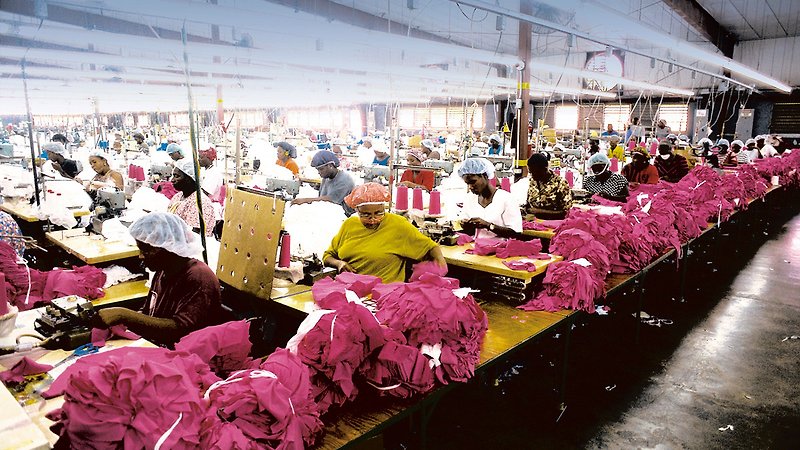
Screened as part of NZIFF 2002
Life and Debt 2001
"‘How can the machete compete with the machine?’ asks one of the many eloquent farmers in Life and Debt. After 25 years of IMF and World Bank lending programs, which devalued currencies, banished farming subsidies, encouraged cutbacks in health and education programs, and eventually deepened the developing nation’s debts as interest rolled in upon interest, Jamaica has three remaining moneymaking enterprises: coffin building, guard-dog training, and tourism.
In Stephanie Black’s devastating, artful, and intelligent documentary, Jamaican farmers tell of the downward spiral of one livelihood after another: cheap American-imported powdered milk usurps the local dairy supply, Chiquita squashes Jamaican banana farmers, Idaho potatoes nudge out regionally grown crops. Garment workers find themselves trapped in the so-called ‘free zones,’ despicable sweatshops sponsored by the IMF and World Bank to provide jobs for Jamaican women and cheap, tax-free labor for employers like Hanes and Tommy Hilfiger. A typical paycheck is $30 every two weeks; employees who try to strike lose their jobs. The new colonialism otherwise known as corporate globalization reveals itself as a warped version of slavery.
Black is as skillful a filmmaker as she is a reporter. The cinematography is elegant and intimate, and she juxtaposes the workers’ tales with shots of beer-chugging white tourists and elderly Rastafarian men talking by the fireside about God and the ill effects of usury. The rasta scenes recall the old men at the red wall in Spike Lee’s Do the Right Thing – as it turns out, cinematographer Malik Sayeed has worked with Lee. The kinetic soundtrack, with reggae protest anthems by Ziggy Marley, dad Bob, and Mutabaruka, packs its own kind of documentary power, putting a swing in the steps of the downtrodden.
Scoring a coup by interviewing the smirking Stanley Fischer, current deputy director of the IMF, Black brilliantly cuts back and forth between Fischer and the former prime minister of Jamaica, Michael Manley, creating an argument that will never take place in real time. Jamaica’s government, now $4.5 billion in debt, must spend 53 cents of every dollar of revenue to pay it off, while interest keeps accumulating… Protest in Jamaica can end in death, as numerous flashes to TV news accounts make clear. But then again, the nation, as this doc suggests, is dying a slow death already." — Lenora Todaro, Village Voice